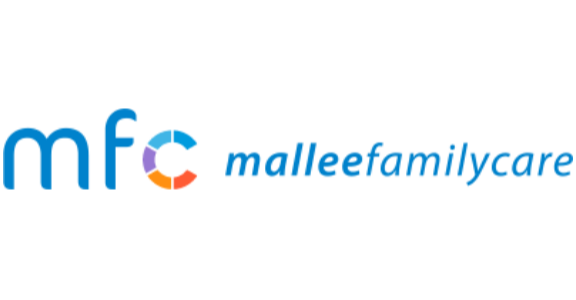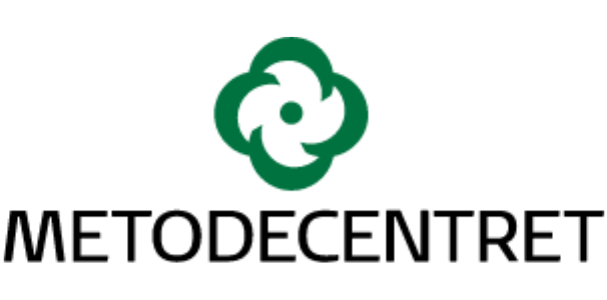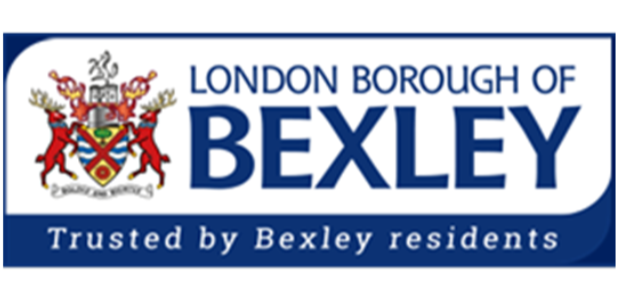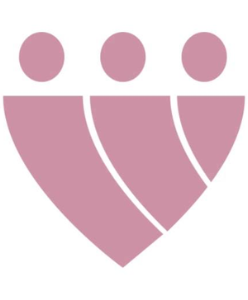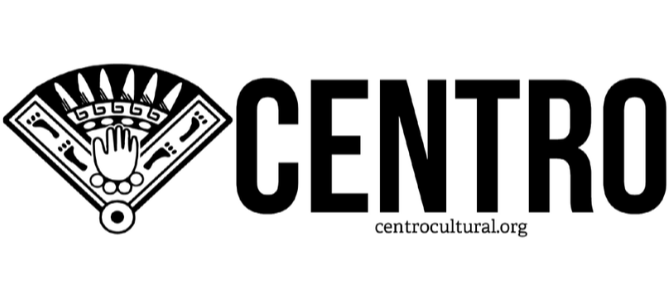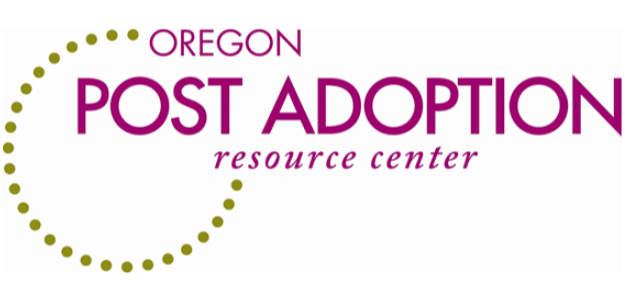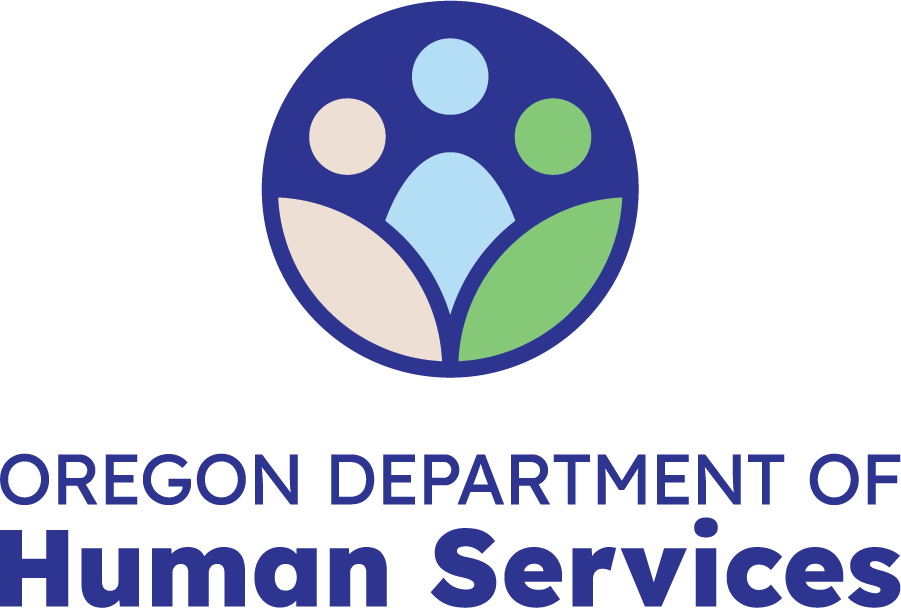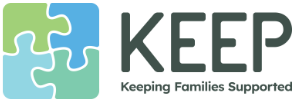
Just as the KEEP curriculum is not one size fits all, our implementation process is designed to be flexible and responsive.
KEEP can be scaled to meet your needs. Implement at the agency or county level, statewide, or across a whole country.
We look forward to discussing ways to tailor the KEEP implementation to better fit the size, timeline, and cultural context of your site – we’re excited to help bring KEEP to your community!
KEEP Standard is now listed in the Family First Prevention Services Act Title IV-E Clearinghouse. This designation makes KEEP programs eligible for federal funding.
For more information, please visit: https://preventionservices.acf.hhs.gov/
We are proud to be recognized by Generations United as a Program of Distinction for our work supporting kinship families.
Learn more at: https://www.gu.org/projects/program-certification/
OSLC Developments, Inc. (ODI) has a history of successfully implementing KEEP in worldwide locales with varied workplace and service-population cultures. Throughout the implementation process, you will receive comprehensive support from ODI tailored to your site to achieve our mutual goal of long-term sustainability of the KEEP program. KEEP is currently delivered in multiple languages and in multiple U.S. states and countries.

ODI has a history of successfully implementing KEEP in worldwide locales with varied workplace and service-population cultures. Throughout the implementation process, you will receive comprehensive support from ODI tailored to your site to achieve our mutual goal of long-term sustainability of the KEEP program. KEEP is currently delivered in multiple languages and in multiple U.S. states and countries.
KEEP Pre-implementation and Adaptation Process
The pre-implementation phase (aka the “Readiness & Discovery Phase”) takes a minimum of three months; the systems put in place during this phase will prepare your site for an efficient and successful implementation process, including staff training and the start of KEEP groups.
A key component of Readiness & Discovery is reviewing the KEEP curriculum together through your site’s cultural lens and determining whether an adaptation may be needed to best serve your families. KEEP has two primary approaches to adaptation:
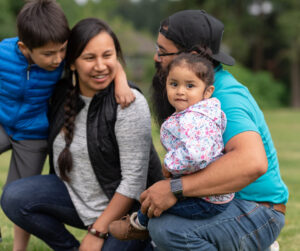
Cultural Adaptation
Adaptation at System or Agency Level
Adapting for societal/cultural norms, laws, and larger contexts
We recently collaborated with the Native American Youth and Family Center (NAYA) to develop KEEP groups that are culturally specific for Oregon families caring for Native American youth.

This video was produced by the Native American Youth and Family Center (NAYA). Click here to view the full-length version of this video and to learn more about NAYA.
Affinity Groups
Adaptation at Group Level
All families in a group have a shared characteristic (other than parenting!)
 KEEP affinity groups were developed to meet the diverse needs of youth in foster care. Groups are available for families caring for LGBTQIA+ youth and for families who are caring for a youth who is of a different race, culture, or ethnicity than themselves (transcultural).
KEEP affinity groups were developed to meet the diverse needs of youth in foster care. Groups are available for families caring for LGBTQIA+ youth and for families who are caring for a youth who is of a different race, culture, or ethnicity than themselves (transcultural).
KEEP Building Blocks: Creating a Sustainable Implementation to Meet Your Needs
KEEP is for families involved in the Child Welfare System. KEEP Connecting Kin is for informal kinship families who are caring for the children of friends or relatives outside of the Child Welfare System. Sites can choose to implement KEEP for one or both of these populations. Check out the implementation building blocks below to explore ways KEEP can serve your community.
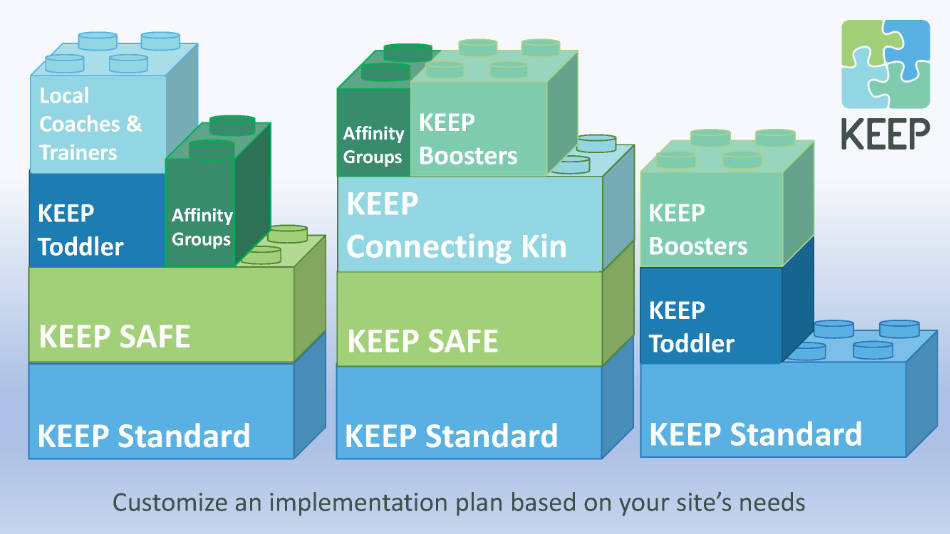
KEEP Data Collection: FIDO
The FIDelity and Observation system (FIDO) is a HIPAA compliant, web-based application designed to support the implementation of evidence-based interventions and programs, including KEEP. Through a set of integrated data entry forms, FIDO tracks progress on key implementation processes such as staff training and certification milestones, participant attendance and engagement at sessions, staff participation in consultation activities, and fidelity adherence ratings of the intervention delivery. FIDO can be set up to collect data using standardized measures, such as the Parent Daily Report (PDR), and other program-specific indicators of progress and program outcomes. FIDO data is easily accessed at any time by site leadership and is a user-friendly and essential tool for assessing ongoing program quality as well as program outcomes.
For more information, please visit our website: https://fido.oslc.org/info/




